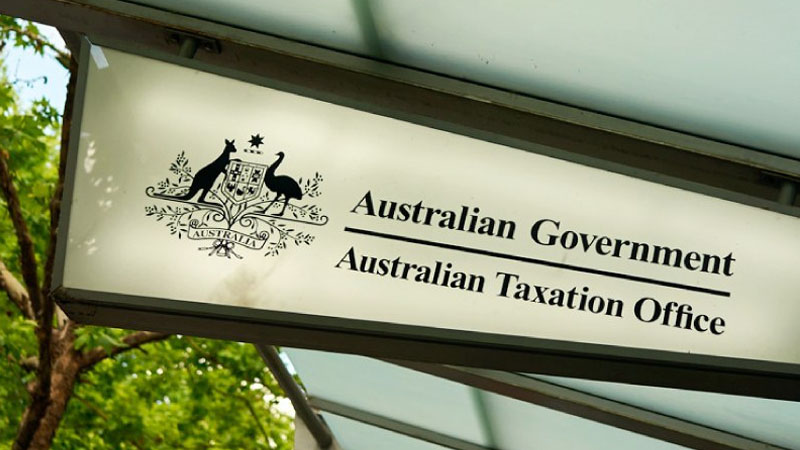ATO’s new admin penalty approach to see ‘hefty penalties’
The ATO has now issued a practice statement outlining its compliance approach administrative penalties which could result in significant penalties where there are multiple contraventions, an industry lawyer warns.
The ATO has now released PS LA 2020/3 Self-managed superannuation funds – administrative penalties imposed under subsection 166(1) of the Superannuation Industry (Supervision) Act 1993 (SISA).
The Law Administration Practice Statement provides guidelines for the administration of penalties including the circumstances the ATO takes into account when considering remission. The practice statement provides instructions for ATO staff and ensures a consistent and transparent approach, the ATO stated.
The practice statement makes it clear that the ATO will consider the individual circumstances of each case, including the background and experience of the trustees or directors, as well as their intentions surrounding the circumstances of the contravention.
ATO staff will also be required to consider the scale and impact of the contravention on the SMSF.
The ATO also noted in the practice statement that, in some cases, a single course of conduct or behaviour may result in multiple penalties being imposed from multiple contraventions of the same provision.
“Such circumstances may warrant penalty remission if the cumulative penalty is considered otherwise inappropriate,” it stated.
The ATO also noted that an unjust result may also occur in situations where multiple administrative penalties are imposed when a particular event results in contraventions of more than one provision.
“If one particular event results in multiple penalties under more than one provision, we would generally remit to a level reflecting the primary contravention. The primary contravention is determined by considering the behaviour and intention of the trustees,” it explained.
However, it stated that this would depend on the circumstances of the case.
“For example, a remission should generally not be granted simply on the basis that multiple penalties exist, particularly in instances of fraud, evasion or egregious contraventions,” the practice statement said.
DBA Lawyers director Daniel Butler said the practice statement provides some helpful guidance on how the ATO will be approaching penalties and is a precursor to the ATO rebalancing its compliance approach in this area.
“What the ATO found was that between 2014 when the administrative penalty regime was introduced and 2018, around 75 per cent of administrative penalties had been remitted,” Mr Butler explained.
“The ATO felt they were too soft because they didn’t see a change in behaviour as a result of those remissions.”
Mr Butler said that the timing of the new penalty approach is somewhat unfortunate from the viewpoint that COVID-19 had resulted in some individuals experiencing desperate financial situations and needing to prop up their business or family.
“We’re going to see a lot more consequences from COVID and the ATO is now repositioning their penalty regime,” he said.
“This means that advisers really need to be warning their clients that the ATO will be issuing these tougher penalties and there will be no excuse for raiding their super.”
One of the examples included in the practice statement, Mr Butler said, involves a two-member fund that made a loan. The guidance explains that every occasion where the trustee failed to follow up a loan repayment in accordance with the loan repayment scheduled, this will constitute a contravention of paragraph 65(1)(b).
“That is, if the loan repayment schedule illustrated that six repayments were not followed up from 1 July 2014, then an administrative penalty of 360 penalty units would be imposed (6 × 60 penalty units), i.e. 360 x $222 = $79,920,” he explained.
“This is a very hefty penalty especially when most people are struggling to pay for bare necessities.
“The admin penalties can easily add up, and I have previously come across some hefty penalties in practice of many hundreds of thousands of dollars which following remission have been substantially reduced.”
However, typically to seek remission, a sound case has to be mounted which can involve considerable time and checking all the background facts to make sure the submission to the ATO will appropriately cover the matter, he said.
Mr Butler also warned SMSF professionals that if clients are hit with significant penalty amounts, they may point the finger at their adviser, so it is critical that SMSF trustees are aware of the ATO’s new approach to penalties and the consequences of certain contraventions.

Miranda Brownlee
Miranda Brownlee is the deputy editor of SMSF Adviser, which is the leading source of news, strategy and educational content for professionals working in the SMSF sector.
Since joining the team in 2014, Miranda has been responsible for breaking some of the biggest superannuation stories in Australia, and has reported extensively on technical strategy and legislative updates.
Miranda also has broad business and financial services reporting experience, having written for titles including Investor Daily, ifa and Accountants Daily.








